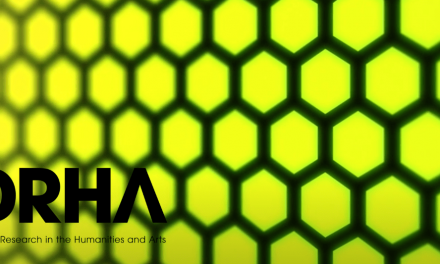Circulating across Europe? Transgressive Narratives about the Past
Workshop at Harvard University
28-29 August 2018
Convenors: Dr Félix Krawatzek and Dr George Soroka
In recent years, scholars have increasingly come to challenge the reductionist view of a Europe conceived primarily in terms of East and West. Across a range of disciplines attention has begun to focus on the complex entanglements exhibited between various European subregions, both historically and in the present day. Taking up the lead of those investigations, this workshop proposes to explore the political circulation of contested narratives about the past evinced across Europe. Our goal is to expand dialogue across national as well as regional foci and take into account the inherent interconnectedness of European states and actors. Our broad intent is to further develop the academic understanding of how and what kind of narratives concerning the past circulate in different political realms and at different institutional levels. Specifically, to attend to questions of agency and content conference participants’ papers will explore three distinct political realms, all of which are active at both domestic and interstate levels.
First, the political practice of social movements is increasingly interconnected. For instance, the movement generation identitaire which originated in France in 2003 has by now established branches in most Western European countries and key to its mobilization are past narratives reminiscent of traditionalistic patriarchal and nationalist discourses such as those encountered across Russia today. Second, reflecting mounting anxieties related notably to non-European immigration, populist rhetoric across Europe has produced political contention at both the national and regional levels regarding how European history should be interpreted. For example, political discourse across Europe is increasingly divided over the question of how to relate to Russia, a trend exacerbated by growing doubts over the United States’ ability to legitimate its claim to moral leadership in today’s world as a hegemonic exemplar of universal liberal and democratic values. Third, the last several decades have witnessed a proliferation of legislative and judicial attempts throughout Europe to codify the parameters of what should be remembered and how it may be recalled. While laws prohibiting the denial or diminution of genocides and crimes against humanity are typically justified in terms of human rights, they also raise questions concerning free speech and interject fractures into projects related to national reconciliation and European integration.
Centered on these three realms, our workshop seeks to bring together political and other social scientists to examine case studies which go beyond individual countries and instead empirically operationalize the diffusion of historical recall across national borders and investigate its political relevance in the transnational realm. We are grateful to the Harvard University for its financial support. There is no fee to attend and we can cover accommodation for invited speakers; dinner, lunch and coffee will be provided. We also have a modest amount of funding available to cover travel costs. However, it would be much appreciated if individuals who are planning to attend APSA (which will take place in Boston immediately after the workshop) and who have other sources of travel funding could cover their travel-related expenses, as this will enable us to invite a greater number of European scholars, including under-funded individuals from Eastern Europe whose voices are crucial for understanding the phenomena central to this workshop.
Please apply with a paper abstract (max. 500 words) and a short CV by 21 January 2017 emailed to both felix.krawatzek@politics.ox.ac.uk and soroka@fas.harvard.edu. We will finalize the program by the end of February 2017. Papers should be circulated no later than two weeks before the workshop. It is our intent to publish selected papers as a journal special issue.





